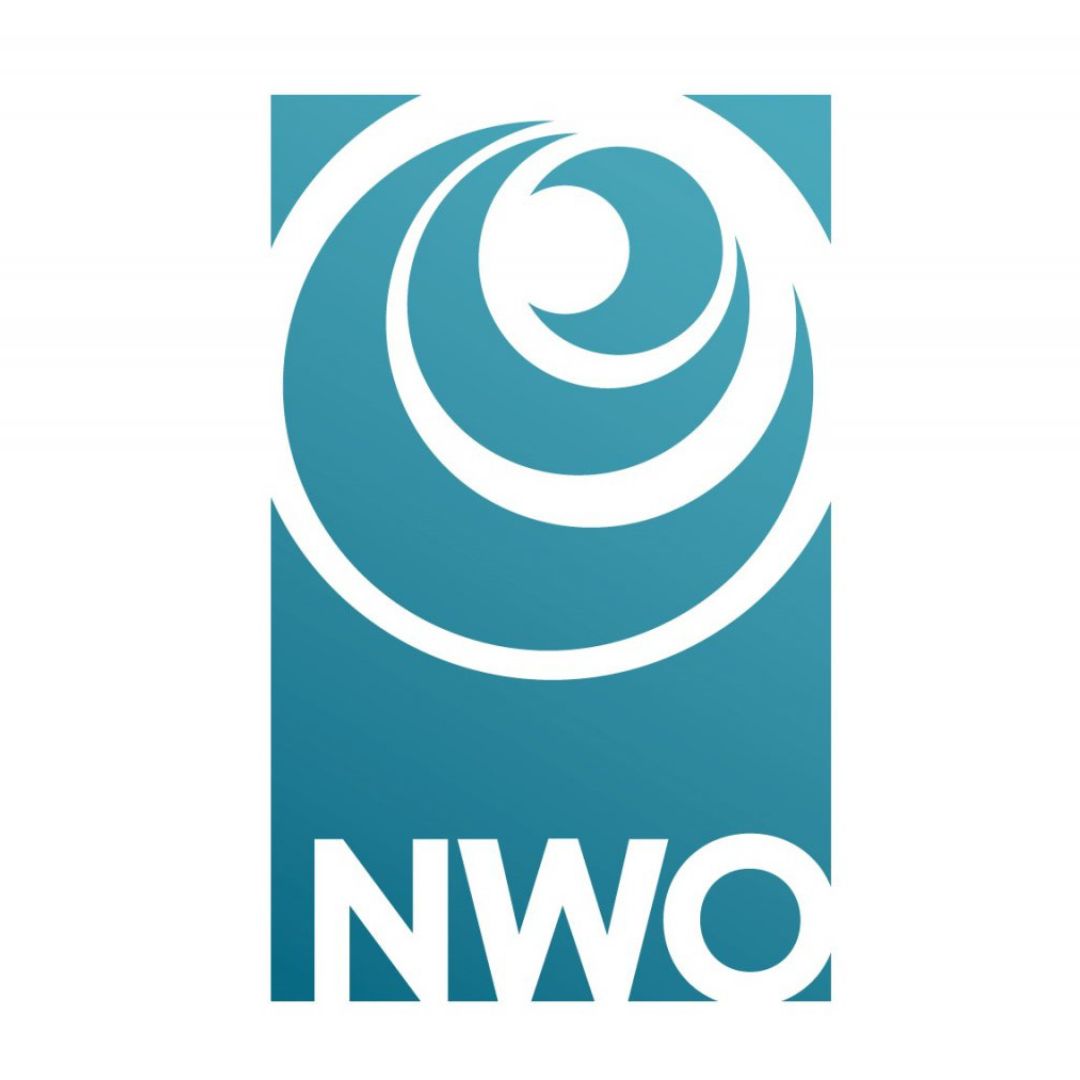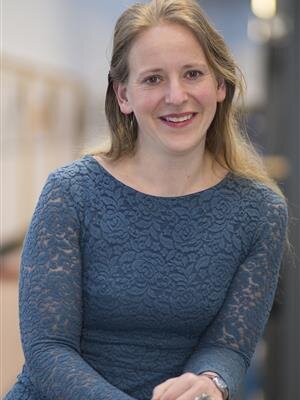Three sustainability-led projects receive NWO-KIC grants
Researchers at the TU Delft | Faculty of Industrial Design Engineering have been granted NWO-KIC funding for three separate projects. Two projects focus on repairability and one tackles the challenge of reusable packaging. The IDE researchers involved are Ruth Mugge, Ruud Balkenende, Lise Magnier, Sonja van Dam and Conny Bakker. Keep reading to find out more about each of the three projects.
Project 1: Tackling “Fixophobia”: Improving Repair Practices for Consumer Electronics
With project leads Ruth Mugge and Ruud Balkenende
In today’s linear economy, the rapid replacement of consumer electronics leads to CO2-emissions, resource scarcity, e-waste and pollution, thereby creating important environmental and societal challenges. Extending the lifetimes of consumer electronics is essential to tackle these challenges. Most consumer electronics are currently replaced because of the inability to fulfil their main function or a loss in performance.
A repair economy in which all value chain actors (including consumers) adopt repair practices can resolve such performance issues, leading to extended product lifetimes, and a Circular Economy for consumer electronics. Yet, all value chain actors currently experience barriers that withhold them from trusting, accepting, and adopting repair practices, leading to ‘Fixophobia’.
This project aims to provide the much-needed scientific theories, societal tools, and repair system innovations to encourage a multi-actor system change and enhance trust, acceptance and adoption of repair practices for consumer electronics. To achieve societal impact, we collaborate intensely with a unique consortium, including all actors in the consumer electronics value chain: Original Equipment Manufacturers (OEMs), (design) consultancies, retail, repair organisations, consumer organisations, network/trade organisations, waste management, and policy organisations.
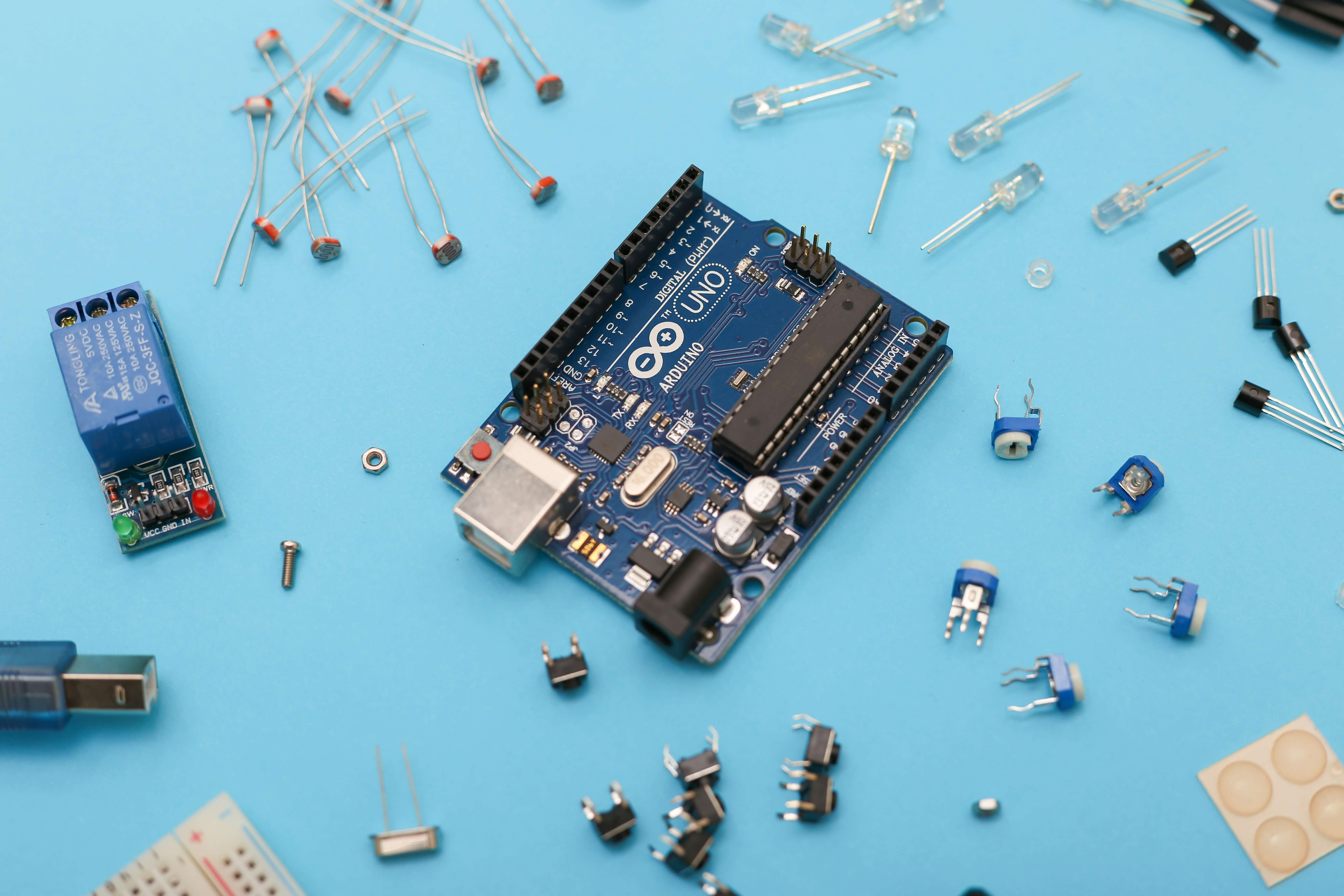
Together, we take an innovative, interdisciplinary approach and co-create repair innovations, integrating knowledge on marketing, technology-enabled design, circular business, law and tax. Moreover, the project includes a focus on industry and student education to build the necessary human capital for future repair practices.
This will ultimately lead to the implementation of high-quality, trustworthy and viable repair practices for consumer electronics and guide the necessary transition to a Circular Economy.
Contribution of TU Delft designers
• Develop a taxonomy of technology-enabled design innovations for repair
• Develop a framework on the value of technology-enabled design innovations for repair
• Develop a design tool for new motivating repair solutions
Project 2: ShaRePair: Sharing and repairing - circular consumption practices and initiatives in everyday urban life
With Sonja van Dam and Conny Bakker
The Dutch government aims to achieve a fully circular economy by 2050. Practices of repairing and sharing consumer goods are increasingly identified as transformative mechanisms for transitioning from a linear to a circular economy. Yet research has identified critical gaps in scientific and practical knowledge concerning how to support the widespread uptake of these circular consumption practices (CCPs). Shifting from individualised to shared and collaborative ways of obtaining, maintaining and disposing of products requires significant changes to systems of provision, the organisation of daily practices, and relations of social trust.
In recent years, there has been a significant increase in urban sharing and repairing initiatives that seek to engage and support citizens in taking up new CCPs. There is an urgent and critical need to understand how and why engagement is occurring in these urban spaces, how social trust and everyday consumption practices are transforming, and how such CCPs can be scaled-up across society.
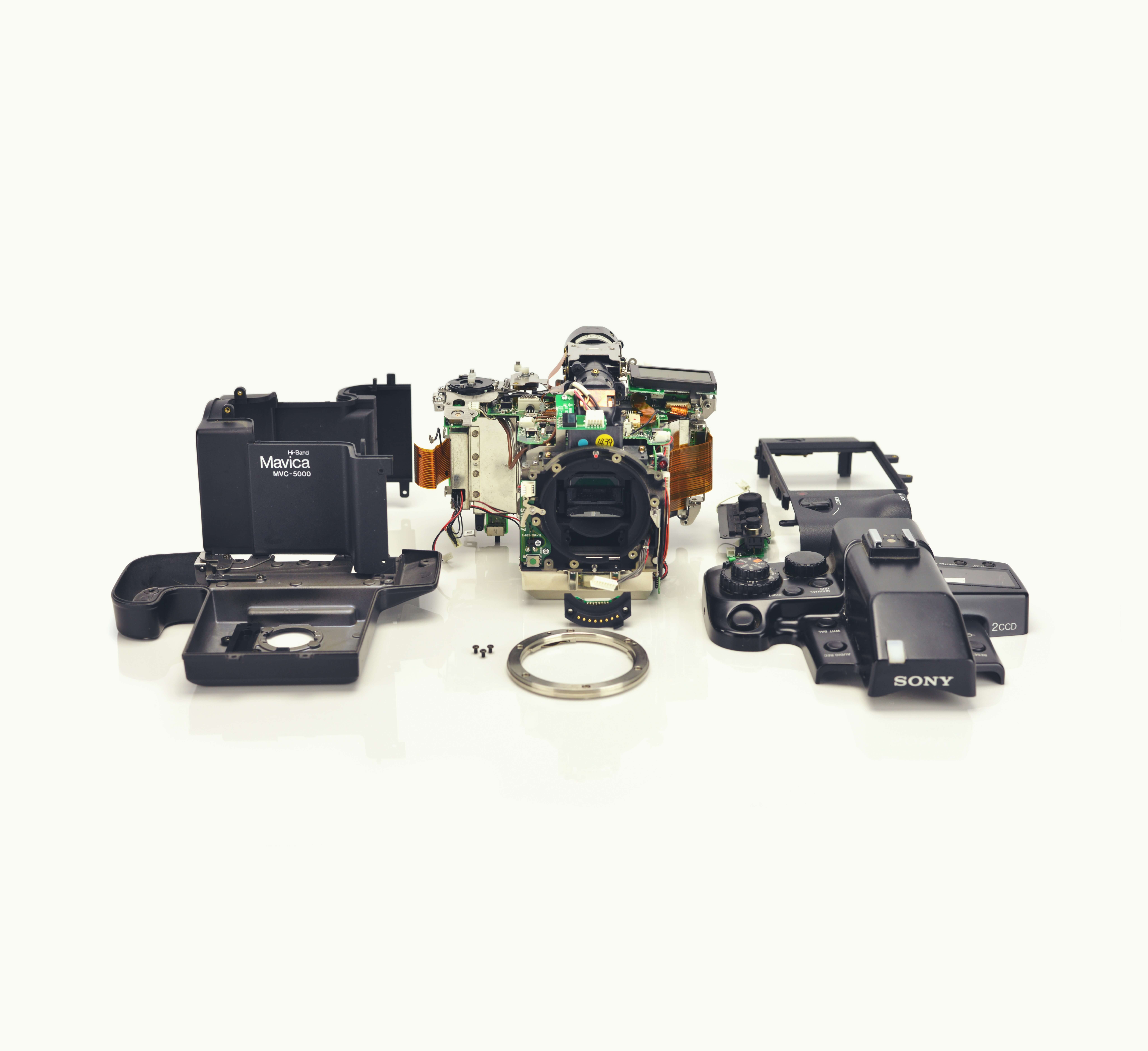
This inter- and trans-disciplinary study brings together societal, citizen, academic, and industry actors to develop insights into the contexts that support the emergence and widespread uptake of CE practices of sharing and repairing. Integrating sociology, product design and life cycle analysis, it advances innovative, scientific and policy-relevant insights on how to support, mainstream and scale-up repairing and sharing practices that reduce material consumption across different social groups. A multiple methodology including co-creation and Living Labs applied in two urban regions develops theory, methods and practical insights for progressing circular transformations, with critical national and international relevance.
Contribution of TU Delft designers
TU Delft designers will lead in developing the co-creation nexus of practice methodology for scaling up CCPs and contribute to the establishment of new sharing and repairing practices within society. They also aim to understand how different types of social contexts, and their users and stakeholders, can effectively contribute to the deliberate emergence of new practices and accompanying products and/or services.
Project 3: Re2Pack: Revolutionary Reusable Packaging
With Lise Magnier
Plastic packaging represents 40% of plastics used and comes with a severe environmental impact. Although use of more sustainable plastics has been proposed, this is only a partial solution. Reusable packaging systems (RPS) are more promising in reducing environmental impacts, yet have been subject to less integrated attention in science and society, potentially due to the complexity of the required system change.
To address this, this project takes an interdisciplinary approach focused on value chains, consumer behaviour, and design, to introduce sustainable RPS (through increased recycled content for example). In collaboration with manufacturers and retailers, RPS providers, packaging and label producers, and logistics and cleaning facilitators, the project will provide insights into relevant decision processes, economic viability and sustainability of RPS, interventions for behavioural change, design guidelines, and decision tools.
These insights will be gained through interviews, case studies, surveys, field experiments in retail stores, and in-home experiments. Dissemination takes place both nationally and internationally through teaching activities, scientific contributions, connections with existing learning communities and networks of experts. In doing so, our project contributes to the circularity goals set out in the National Program Circular Economy and the EU Packaging and Packaging Waste directive.
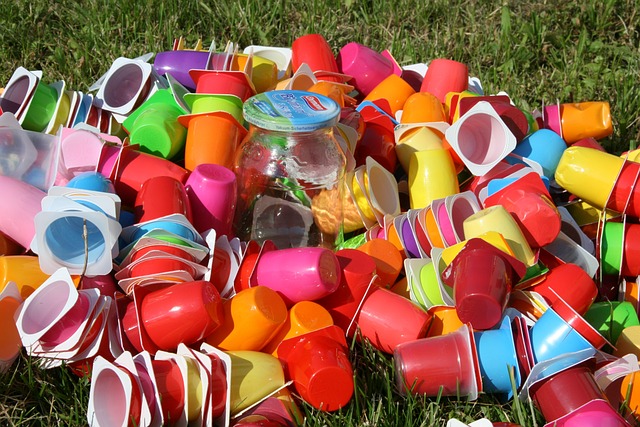
Contribution of TU Delft designers
• Design reusable packaging systems to increase stakeholders’ confidence and optimise sustainability, durability, economic viability, attractiveness and usability
• Design different types of services to increase the convenience of the system for end-users
• Design reusable product packages to overcome current challenges (e.g. increasing number of reuse cycles per packaging, accelerating return, decreasing perceptions of contamination due to prior users, standardisation)
About NWO-KIC
NWO-KIC promotes innovation, increases economic activity and accelerates transitions in line with the Knowledge and Innovation Agendas.
Contact
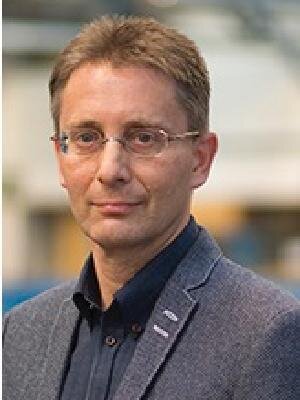
Ruud Balkenende
- +31 15 27 81658
- a.r.balkenende@tudelft.nl
-
Room B-3-310
Lise Magnier
- +31(0) 15 278 1729
- l.b.m.magnier@tudelft.nl
-
Room B-4-100
"Follow your heart but take your brain with you."
Conny Bakker
- +31 (0)15 27 89822
- C.A.Bakker@tudelft.nl
-
Room B-3-330

